The recent decision by Ubisoft to delegate the publication of Heroes of Might and Magic: Olden Era to Hooded Horse is more than just a tactical move; it’s a revealing indicator of how the entire gaming industry is evolving. Historically, major publishers like Ubisoft relied heavily on their expansive infrastructure to control both development and distribution. This approach allowed them to maintain a dominant position in the market, leveraging vast marketing channels and global reach. However, the shift towards outsourcing parts of their portfolio to smaller, niche-focused publishers exposes a deeper strategic recalibration.
Choosing Hooded Horse, a publisher renowned within strategy gaming circles, signals a conscious move away from the traditional corporate heavy-handedness. Instead, Ubisoft appears to be adopting a hybrid model—maintaining ownership but offloading operational execution. This shift echoes broader trends in many industries where large entities, through strategic partnerships, focus on core competencies while leveraging the agility and specialized expertise of smaller collaborators. It’s an acknowledgment that size and control, while historically advantageous, can sometimes hinder the innovative and niche-focused growth that contemporary audiences demand.
Moreover, this move can be interpreted as a form of decentralization of influence. Niche publishers like Hooded Horse are not only more nimble but possess a Direct-to-Consumer attitude that appeals to increasingly sophisticated gaming communities. As gamers become more vocal and discerning, the ability of a publisher to engage targeted demographics through community-centered efforts outweighs traditional mass-market campaigns. Ubisoft’s outsourcing echoes a strategic retreat from dominance to a more nuanced, collaborative approach, acknowledging that success is no longer solely a matter of volume but of community resonance.
The Industry’s Strategic Reassessment: A Sign of Survival or Surrender?
The decision to entrust a niche publisher with a major title also raises questions: Is Ubisoft retreating from its developmental ambitions, or is it wisely reallocating resources? Given the company’s internal restructuring and recent financial cautions, the latter seems more plausible. Large corporations are feeling the squeeze of an increasingly turbulent market—delayed releases, rising development costs, and the pressure to adapt to new distribution models create a complex environment. Outsourcing can be viewed as an attempt to reduce risk while still holding onto the long-term value of a beloved franchise.
This move suggests a strategic acknowledgment that large publishers may have overextended themselves in the realm of AAA titles. By divesting operational responsibilities—such as publishing, regional marketing, and distribution—Ubisoft aims to optimize efficiency, freeing internal resources for higher-stakes projects or innovation in emerging tech domains like cloud gaming, AR, or new IP development. It’s a pragmatic approach: controlling the creative vision and ownership of the franchise while partnering with those who are better adapted to specific aspects of publishing.
The choice of Hooded Horse, with its reputation for fostering dedicated strategy communities, indicates a nuanced understanding of modern gamers. These audiences are less swayed by big-budget spectacle and more driven by authentic engagement. Smaller publishers with agility and regional insight can outperform sprawling corporations in such niche markets. It’s a dance of power—Ubisoft retains ownership but circles around the project, confident that a specialized partner can breathe new life into an older franchise.
Nostalgia, Niches, and the New Watchdogs
The move also underscores the importance of nostalgia-driven markets. Older gamers who grew up with Heroes of Might and Magic are eager to revisit familiar worlds with modern polish, yet they demand authenticity and community engagement. Hooded Horse’s focus on niche strategy games means they understand this demographic intimately. By taking the reins on publishing this title, they are not merely a logistical partner—they are stewards of the franchise’s cultural resonance in the 21st century.
This evolving ecosystem hints at a future where niche publishers wield disproportionate influence. Their intimate knowledge of specific gaming cultures and communities becomes a powerful asset, positioning them as gatekeepers of market segments that giants might overlook or mismanage. In some sense, this democratization of influence could be healthy for the industry, fostering diversity, innovation, and honest engagement.
On a broader scale, we see a shift in power—where larger corporations recognize that their strength increasingly lies not in outright control, but in strategic collaboration. For Ubisoft, this perhaps signals an awareness that chasing market dominance through sheer size is less viable in the current landscape. The risk—whether overextending financially or diluting brand integrity—becomes too great. Outsourcing critical projects to specialized partners offers a form of risk mitigation, even if it means ceding some control.
The Hidden Narrative: Industry Transition and Future Implications
Looking beneath the surface, this partnership can be understood as part of a larger narrative—a subtle but significant industry transition from monolithic publishers to a more fragmented, collaborative model. It reflects an acknowledgment that success hinges on targeted expertise, community loyalties, and regional nuances. In many ways, it’s a strategic retreat that allows Ubisoft to preserve its long-term ownership of the IP, while minimizing immediate operational burdens.
The move also underscores a philosophical shift: the traditional publisher role—commanding all aspects of a game’s lifecycle—is giving way to specialized stewardship. Smaller, community-focused publishers may be better positioned to foster loyalty and authenticity in today’s fragmented yet fiercely dedicated gaming communities. This could revolutionize how major titles are stewarded, ultimately shifting power away from corporate giants towards the more nimble, community-embedded players.
Furthermore, this scenario reflects a pragmatic acknowledgment that the modern gaming landscape demands adaptability. Digital distribution, regional markets, and social media-driven engagement require nuanced strategies rather than brute-force marketing campaigns. Ubisoft’s partnership with Hooded Horse embodies this awareness—highlighting that in a hyper-competitive industry, collaboration and specialization are not signs of weakness but strategic strengths.
In the end, the future of gaming publishing may well lie in this delicate balancing act—where giants retain ownership, but trust niche partners to execute with precision, passion, and community insight. It’s a calculated gamble that underscores the importance of agility, focus, and strategic partnership in an industry characterized by rapid change and fierce competition.
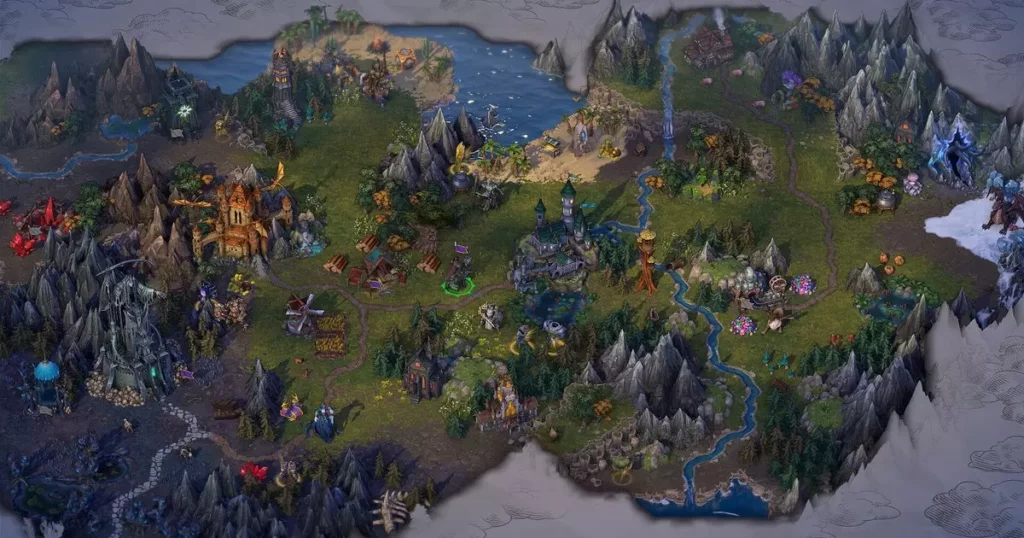

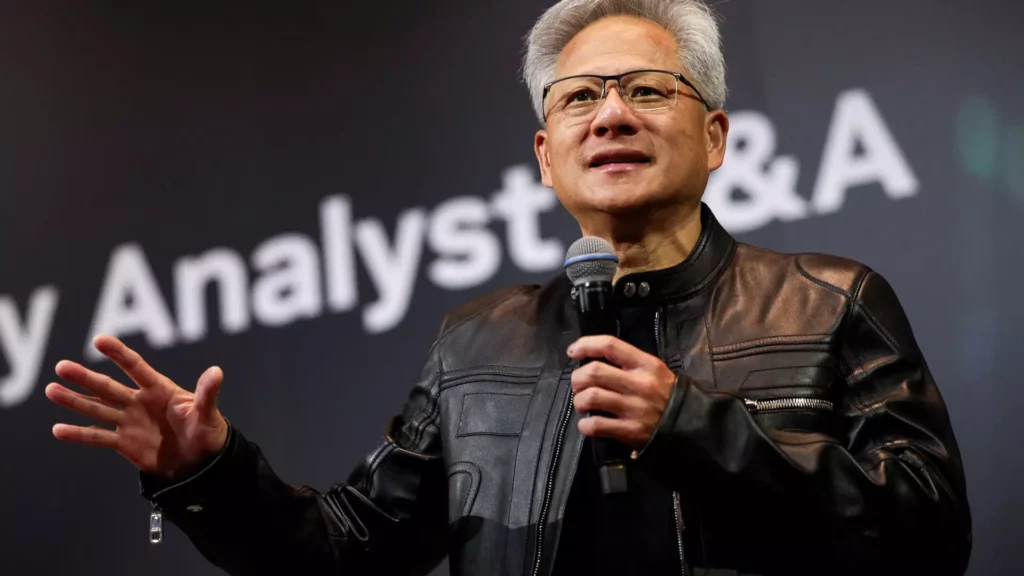
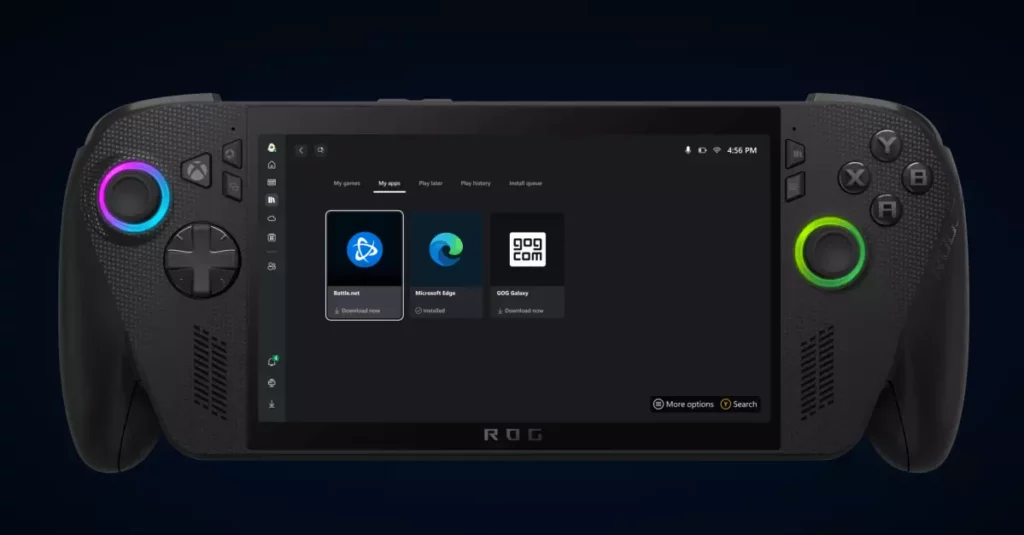
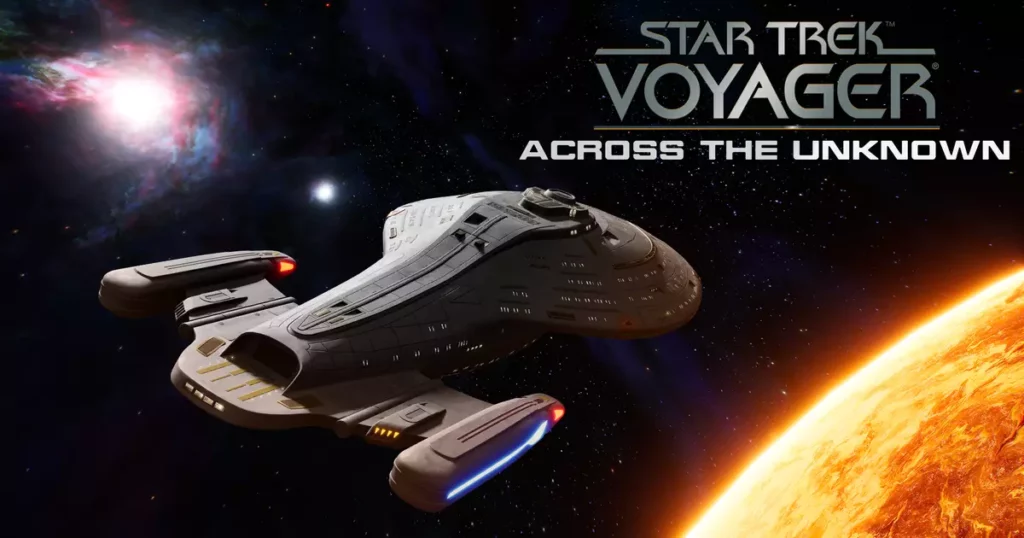

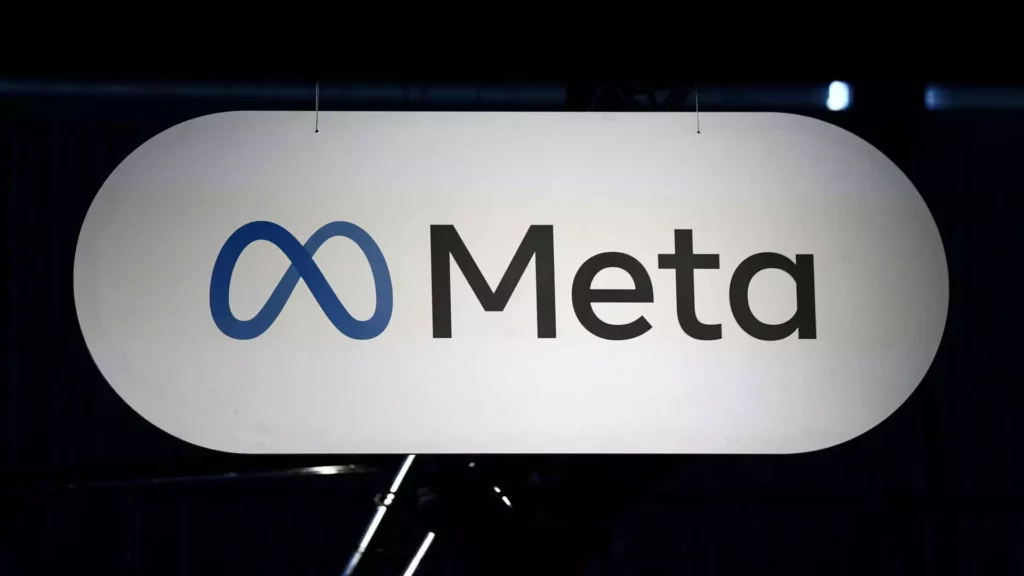
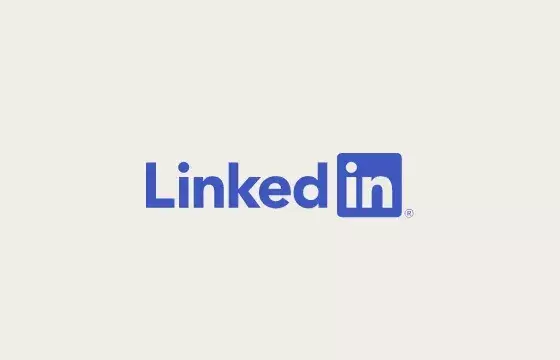

Leave a Reply